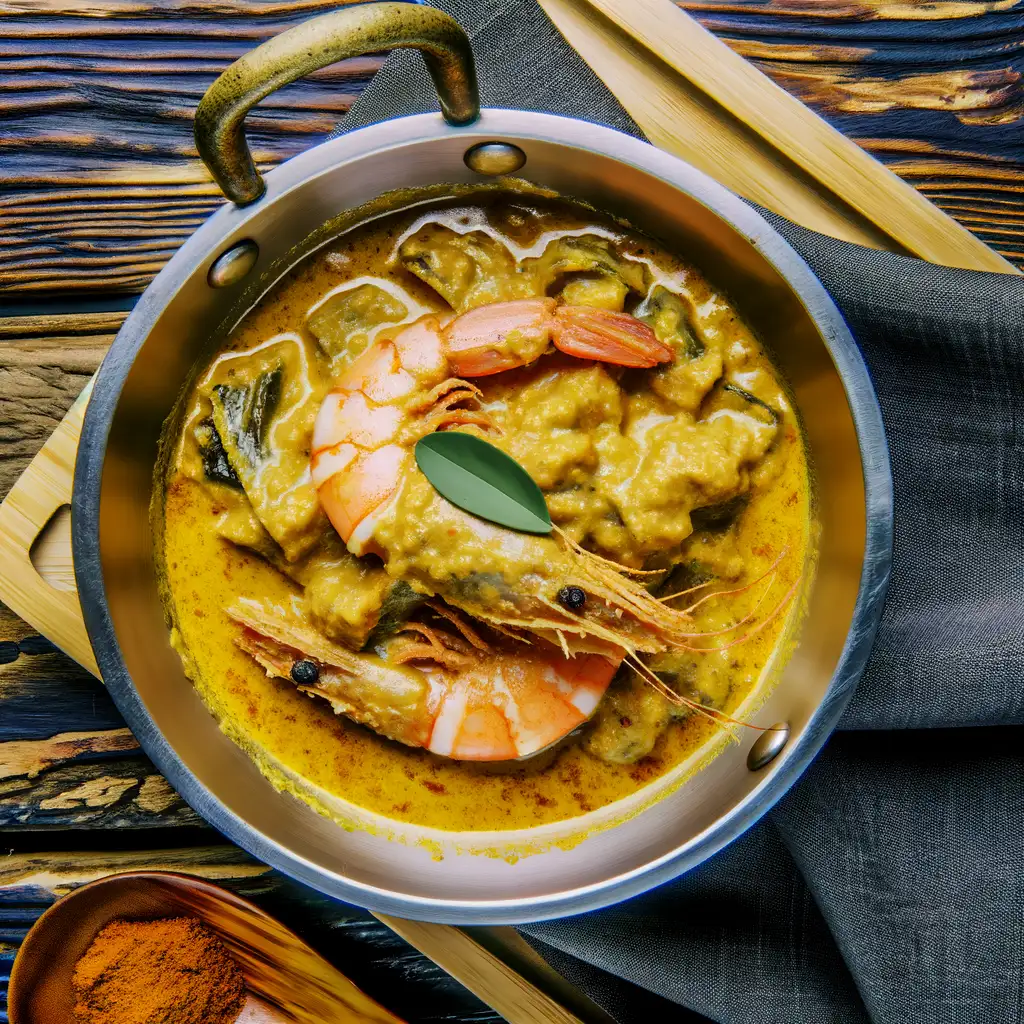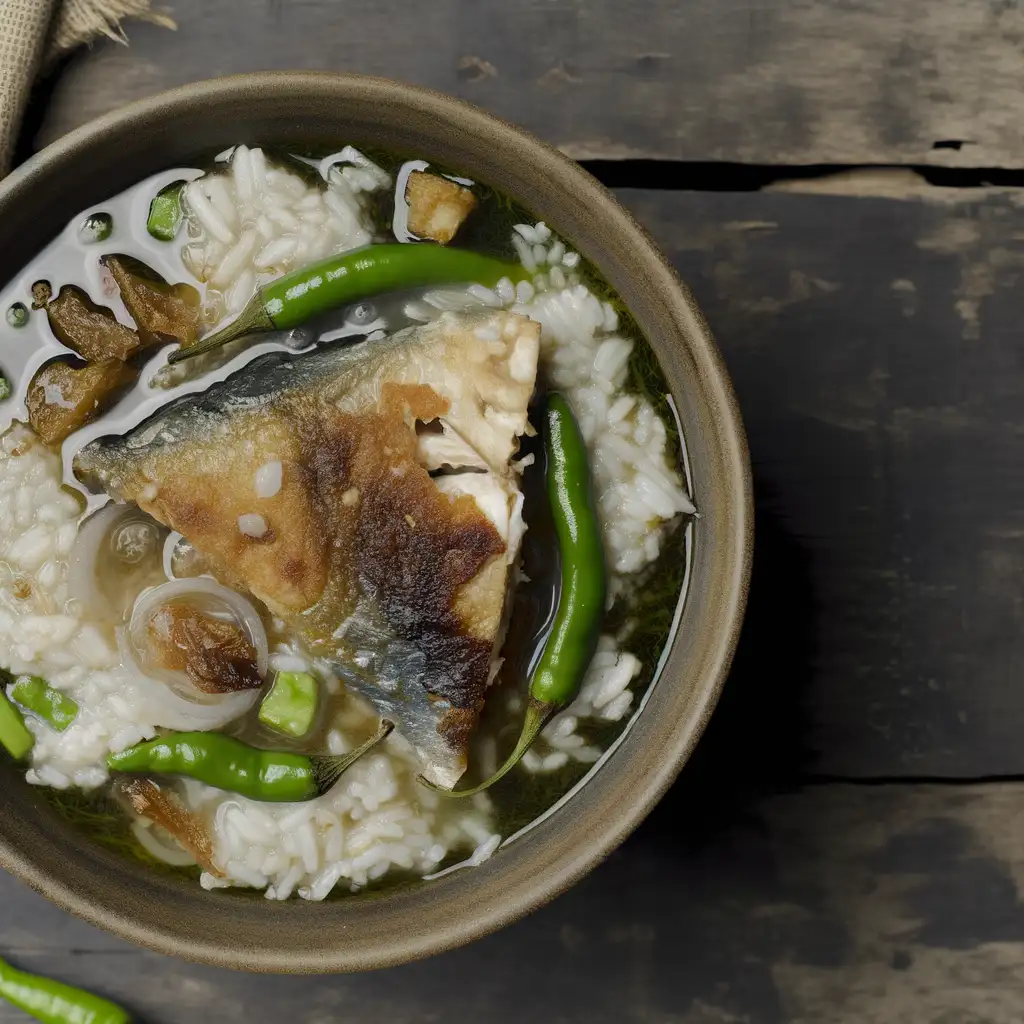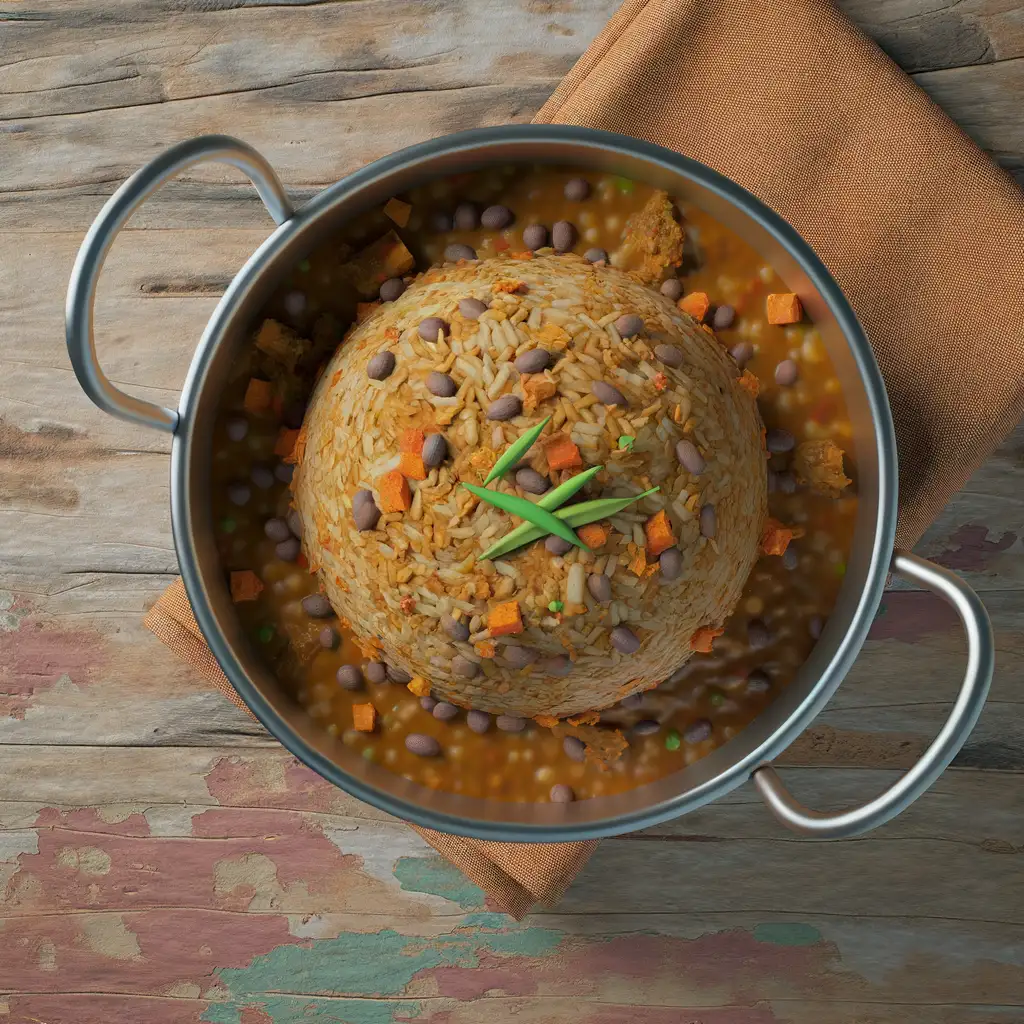



If you ever find yourself craving a place where the ocean stretches endlessly and the breeze carries a salty whisper,Cox’s Bāzār in Bangladesh is where you should head. There’s this laid-back rhythm to the town that instantly melts away any travel stress. Imagine waking up to the soft crash of waves against the longest natural sea beach in the world,the sand warm beneath your feet,and the sky painted in hues of pink and orange as the sun rises. It’s not just a beach; it’s a living,breathing canvas where fishermen’s boats bob gently,and the chatter of locals blends with the calls of seagulls overhead. Walking through the bustling bazaars,you’ll catch the scent of fresh seafood grilling over open flames,mingling with the earthy aroma of spices from street vendors. The city pulses with a vibrant mix of cultures—Bengali traditions meet the sea’s timeless call. You can taste it in the tangy,fiery panta bhat (fermented rice) or the sweet,creamy misti doi (yogurt) served by friendly vendors who are always ready to share a story or two. What really makes Cox’s Bāzār stand out is its genuine warmth. It’s not just the sun on your skin or the endless horizon; it’s the people who welcome you with open arms,the simple joys of beachside chats,and the feeling that you’ve stumbled upon a place where time slows down just enough for you to breathe,explore,and truly savor the moment.
The information on this page is currently being reviewed by Tripkliq and should be used as a guide only
Eng word: Hello
Eng pronunciation: Hello
Local language: হ্যালো
Eng word: Goodbye
Eng pronunciation: Biday
Local language: বিদায়
Eng word: Thank you
Eng pronunciation: Dhonnobad
Local language: ধন্যবাদ
Eng word: How much
Eng pronunciation: Koto
Local language: কত
Eng word: Toilet
Eng pronunciation: Toilet
Local language: টয়লেট
Eng word: Help me
Eng pronunciation: Amake shahajyo korun
Local language: আমাকে সাহায্য করুন
Eng word: Yes
Eng pronunciation: Haa
Local language: হ্যাঁ
Eng word: No
Eng pronunciation: Na
Local language: না
Eng word: Excuse me
Eng pronunciation: Maaf korben
Local language: মাফ করবেন
The city derives its name from Captain Hiram Cox, an officer of the British East India Company, who was appointed as the Superintendent of Palongkee outpost after overcoming the Arakanese from the area in 1798.
Cox’s Bazar is renowned for having the world's longest unbroken natural sandy sea beach, stretching over 120 kilometers from Teknaf to Cox's Bazar town.
The British East India Company played a significant role in the development of Cox's Bazar as a port and trading hub in the 18th and 19th centuries, boosting the local economy and connecting it with global trading routes.
Before the British era, Cox’s Bazar was part of the Kingdom of Arakan and was influenced by Burmese culture and trade, traces of which can still be seen in local traditions and cuisines.
The region surrounding Cox's Bazar is home to ancient Buddhist monasteries and artifacts, dating back to the 7th and 8th centuries, reflecting the historical significance of Buddhism in the area.
The nearby village of Ramu, close to Cox's Bazar, is a center of Buddhist culture, housing beautiful monasteries, khyangs, and pagodas containing images of Buddha in gold, bronze, and other metals inlaid with precious stones.
Cox’s Bazar serves as the gateway to the Chittagong Hill Tracts, an area known for its breathtaking landscapes, diverse ethnic communities, and unique cultural practices.
An island off the coast of Cox's Bazar, Maheskhali, is known for its ancient Adinath Temple dedicated to Lord Shiva, offering both historical and spiritual exploration opportunities.
Cox’s Bazar has historically been an important fishing port, contributing significantly to the local economy through its rich marine biodiversity, which supports a vibrant fishing community.
In Cox’s Bāzār, the most common Power Adaptor is Type A, Type C, Type D, Type G, Type K.











A creamy prawn curry made with coconut milk and spices, showcasing the coastal flavors of Cox's Bāzār.

A traditional dish made of fermented rice, often served with fried fish, green chilies, and onion, popular for breakfast.

A savory rice and lentil dish cooked with spices and often served during the monsoon season.

Hilsa fish cooked in a mustard sauce, a classic Bengali dish that highlights the local seafood.

A popular street food, these are crispy hollow puris filled with spicy tamarind water, potatoes, and chickpeas.

A light fish curry made with seasonal vegetables and spices, typically served with rice.

Mashed prawns mixed with mustard oil, onions, and green chilies, served as a side dish.

Fish cooked with a paste of mustard seeds, giving it a unique flavor that is a staple in Bengali cuisine.
The capital of Maldives,known for its stunning islands,luxurious resorts,and crystal-clear waters,making it a top destination for beach lovers and honeymooners.
ExploreImagine stepping into a place where the air hums with the gentle rhythm of waves lapping against sun-warmed shores,and the scent of salty sea mingles with fragrant street food stalls. That’s Phuket for you—a vibrant island that feels alive in every sense. It’s not just the stunning beaches that grab you,but the way the island pulses with a laid-back energy,where colorful markets buzz with chatter and the aroma of grilled seafood fills the air. Walking through the old town,you’ll find charming Sino-Portuguese buildings painted in pastel hues,their shutters creaking softly in the tropical breeze,while tuk-tuks zip by,adding a playful soundtrack to your explorations.
Phuket’s character is a beautiful blend of tradition and liveliness. Temples with golden spires peek out from lush greenery,inviting quiet moments of reflection,while nearby,night markets burst with life—vendors calling out,sizzling woks,and the sweet tang of mango sticky rice tempting your taste buds. The island’s culture is warm and welcoming,with locals who smile easily and share stories over cups of strong Thai coffee or fresh coconut water.
What makes Phuket truly special is how it wraps you in its embrace—whether you’re watching a fiery sunset from a cliffside bar,diving into crystal-clear waters teeming with vibrant marine life,or simply savoring the spicy kick of a freshly made curry. It’s a place that invites you to slow down,soak in the colors,sounds,and flavors,and leave with a heart full of unforgettable moments.
If you’re dreaming of a place where nature’s beauty feels like it’s wrapped around you like a warm hug,Langkawi is that kind of magic. The moment you step off the ferry or plane,there’s this gentle tropical breeze carrying the scent of salt and frangipani,instantly calming your mind. The island hums with a laid-back energy—no rush,just the soft rustle of palm leaves and the distant call of exotic birds. It’s the kind of place where time slows down,inviting you to soak in every vibrant detail.
Langkawi’s charm lies in its wild,lush landscapes meeting the turquoise sea. Imagine hiking through dense rainforests where sunlight filters through the canopy,dappling the forest floor,or standing on the Sky Bridge,suspended high above the treetops,with panoramic views that steal your breath away. The beaches aren’t just pretty—they’re alive with the sound of gentle waves lapping against powdery white sand,and the taste of fresh seafood grilled right on the beach,bursting with smoky,spicy flavors.
What really makes Langkawi special is its blend of cultures and stories. You’ll find local markets buzzing with friendly vendors offering tropical fruits and handmade crafts,while the island’s legends and history whisper through ancient temples and mangrove forests. It’s a place where you can lose yourself in nature,savor authentic Malay flavors,and feel the genuine warmth of the people. Trust me,Langkawi isn’t just a destination—it’s a feeling you’ll want to carry with you long after you leave.
If you ever find yourself craving a place where the ocean breeze carries stories of adventure and the rhythm of waves sets your pace,Port Blair is where you want to be. This city feels like a gentle invitation to slow down and soak in the raw beauty of island life. The moment you step off the ferry or plane,the salty air mingled with the scent of tropical flowers wraps around you like a warm hug. Palm trees sway lazily against a backdrop of turquoise waters,and the chatter of locals blends with the distant call of seabirds,creating a soundtrack that’s both lively and soothing.
Port Blair isn’t just a gateway to the Andaman Islands; it’s a place where history whispers through the walls of the Cellular Jail,a somber yet inspiring reminder of India’s past. But beyond its historical weight,the city pulses with a laid-back charm—colorful markets burst with fresh seafood,exotic fruits,and spices that tease your senses. Grab a plate of freshly caught fish grilled with local herbs,and you’ll taste the ocean’s essence in every bite.
What makes Port Blair truly special is its blend of cultures and the warmth of its people. You’ll find a mix of indigenous traditions and influences from across India,all coexisting in a relaxed,welcoming vibe. Whether you’re wandering along Corbyn’s Cove Beach at sunset or chatting with fishermen mending their nets,there’s a genuine friendliness here that makes you feel like you belong. It’s a place that invites you to explore,reflect,and simply be.
If you step into Colombo District,you immediately feel the pulse of a city that’s both vibrant and laid-back,where old-world charm meets modern hustle. Imagine walking along bustling streets lined with colonial-era buildings,their faded facades telling stories of a rich past,while sleek glass towers rise nearby,reflecting the tropical sun. The air carries a mix of scents—spices from street food stalls,salty sea breeze from the nearby coast,and the faint aroma of jasmine from roadside vendors. It’s a place where the sounds of honking tuk-tuks blend with the call to prayer and the laughter of children playing in small parks.
Colombo’s character is a beautiful mosaic of cultures. You’ll find Buddhist temples nestled beside mosques and churches,and markets where Tamil,Sinhalese,and Muslim communities come together in a colorful dance of languages and traditions. The city’s food scene is a feast for the senses—imagine biting into a crispy hopper drizzled with coconut sambol or sipping on a strong,sweet Ceylon tea while watching the sunset over Galle Face Green,where locals fly kites and families gather to unwind.
What makes Colombo truly special is its warmth. Despite the city’s fast pace,there’s a genuine friendliness in the smiles of shopkeepers and the inviting chatter in cafés. It’s a place where you can lose yourself in vibrant street art one moment and find quiet reflection in a serene temple garden the next. Colombo isn’t just a destination; it’s an experience that stays with you long after you leave.
Kuala Lumpur feels like a vibrant heartbeat pulsing through the heart of Malaysia—where tradition and modernity dance effortlessly together. The moment you step into the city,you’re greeted by the towering silhouettes of the Petronas Twin Towers piercing the sky,their glass facades shimmering against the tropical sun. But it’s not just the skyline that captivates you; it’s the lively street scenes below. The air buzzes with the chatter of street vendors,the sizzle of satay grilling over open flames,and the sweet aroma of pandan and lemongrass wafting from bustling food stalls.
Walking through neighborhoods like Bukit Bintang or Chinatown,you’ll find a kaleidoscope of colors and sounds—vibrant markets brimming with spices,textiles,and handcrafted trinkets,while the calls to prayer from nearby mosques blend harmoniously with the hum of city life. The city’s rich cultural tapestry is woven from Malay,Chinese,and Indian influences,creating a unique blend you can taste in every bite of nasi lemak or teh tarik.
What I love most is how Kuala Lumpur never feels rushed. Whether you’re sipping kopi at a roadside stall or wandering through the lush greenery of the KL Forest Eco Park,there’s a warm,welcoming energy that invites you to slow down and soak it all in. It’s a city that surprises you at every turn—full of contrasts,flavors,and stories waiting to be discovered.
Tourists may be lured into horse rides on the beach without being informed of the cost upfront, leading to inflated charges afterward.
Scammers may approach tourists claiming to collect donations for local charities or orphanages, but the money is pocketed instead.
Unlicensed or fake tour guides may approach tourists, offering to show them around but providing little value or misleading information.
Certain restaurants or food stalls may not display prices and charge tourists significantly more than locals for the same dishes.
Some scammers may pose as hotel agents and take advance payments for rooms that either don’t exist or are of much lower quality than promised.
Operators may not disclose the full cost of jet ski rides or other water sports upfront, leading to disputes over inflated charges afterward.
Some local rickshaw or CNG drivers may overcharge tourists, especially if they sense the visitor is unfamiliar with the area or standard rates.
Beach photographers may offer to take pictures for tourists but charge excessively high rates when delivering the photos.
Crowded areas, especially the beach, can be hotspots for pickpockets or opportunistic thieves targeting tourists.
Vendors may sell fake or low-quality seashells and souvenirs at exorbitant prices, claiming they are rare or unique to Cox’s Bāzār.
The use, possession, and trafficking of illegal drugs are strictly prohibited in Bangladesh, including Cox’s Bāzār. The country has stringent anti-drug laws, and violations can result in severe penalties, including long prison sentences and heavy fines. Tourists should avoid any involvement with illegal drugs to avoid legal complications.
In Cox’s Bāzār, as in the rest of Bangladesh, smoking is prohibited in public places such as government buildings, healthcare facilities, educational institutions, and public transport. There are designated smoking areas in some public places, but tourists should be cautious and look for signs indicating whether smoking is allowed. Violations can result in fines.
Vaping is relatively new in Bangladesh, and there are no specific regulations that distinguish it from smoking. Therefore, it is generally treated the same as smoking. Vaping in public places where smoking is prohibited is also not allowed. Tourists should follow the same guidelines as for smoking and use designated areas if available.
What are other people saying about Cox’s Bāzār?
Recent Social posts about Cox’s Bāzār
There is nothing to show you for now.